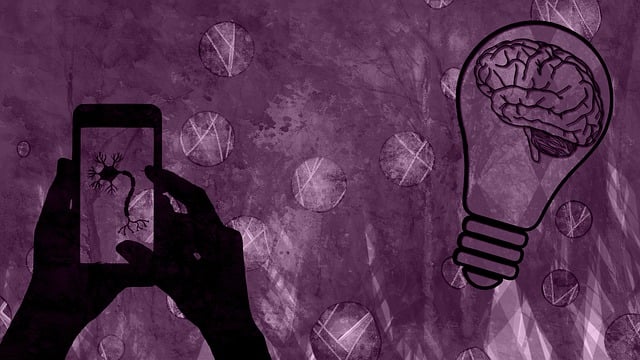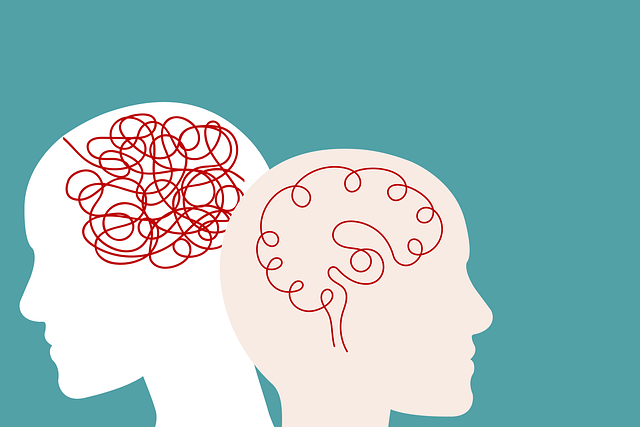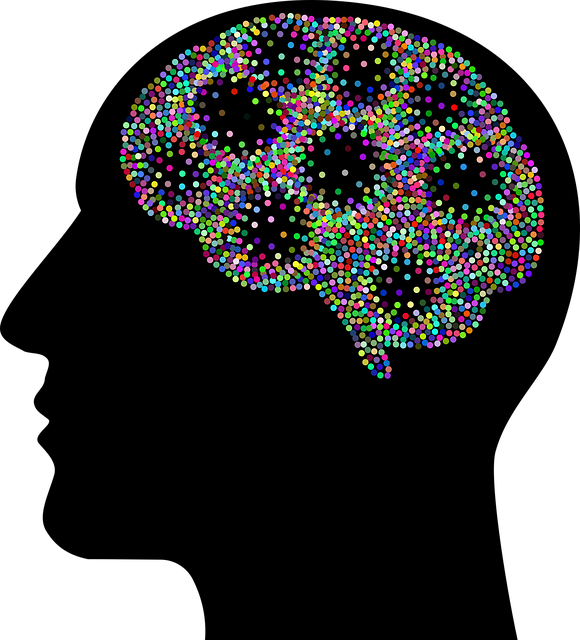Aurora Eating Disorders Therapy offers a holistic, crisis-oriented approach to support individuals with eating disorders. By creating safe spaces, therapists help patients develop coping mechanisms like mindfulness and gain insights through open communication. The program includes social skills training, empathy-building, and customized mental health education to empower both patients and their caregivers. This comprehensive strategy aims to prevent severe crises, promote recovery, and enhance overall mental wellness.
In the realm of mental health, crisis intervention plays a pivotal role, especially in addressing eating disorders. This article explores essential strategies and guidance for professionals supporting individuals in acute crises related to eating disorders. We delve into ‘The Aurora Approach’, a holistic therapy model proven effective in managing these complex conditions. By combining evidence-based techniques with empathy, this guide equips readers with practical tools to offer meaningful support, fostering recovery in the face of challenges like Aurora Eating Disorders Therapy.
- Understanding Crisis Intervention in Eating Disorders
- The Aurora Approach: A Holistic Therapy Model
- Practical Strategies for Effective Support
Understanding Crisis Intervention in Eating Disorders

Crisis intervention is a critical aspect of supporting individuals struggling with eating disorders, such as those seeking Aurora Eating Disorders Therapy. It involves immediate and targeted strategies to help someone during a moment of intense crisis or distress related to their eating disorder. In this context, understanding crisis intervention means being equipped to navigate the emotional intensity and potentially dangerous behaviors associated with conditions like anorexia nervosa, bulimia, or binge eating disorder.
The process often includes empathy-building strategies, where therapists foster a safe and non-judgmental environment, encouraging open communication. This is crucial for gaining insight into the individual’s experiences and triggers. Crisis intervention guidance may also involve teaching coping mechanisms, such as mindfulness techniques or alternative ways to manage emotional pain. Additionally, incorporating Mental Health Education Programs Design can empower individuals to recognize warning signs early on and seek help proactively, potentially preventing more severe crises in the future.
The Aurora Approach: A Holistic Therapy Model

The Aurora Approach is a unique and holistic therapy model designed to address complex mental health issues, particularly focusing on eating disorders. This therapeutic framework emphasizes the interconnectedness of physical, emotional, and psychological aspects, reflecting the belief that healing occurs when all these elements are nurtured and balanced. By providing comprehensive Aurora eating disorders therapy, this approach aims to empower individuals to regain control over their lives and cultivate lasting mental wellness.
Incorporating mental wellness journaling exercise guidance and mindfulness practices, Aurora helps clients explore and express their feelings while fostering self-awareness. This process is crucial in preventing relapse and promoting recovery. Additionally, the model offers burnout prevention strategies tailored for healthcare providers, acknowledging the critical role they play in supporting individuals navigating crisis situations. Through this holistic lens, the Aurora Approach promises transformative guidance for both patients and those dedicated to their care.
Practical Strategies for Effective Support

In providing effective support for individuals facing crisis situations, especially those struggling with eating disorders like those seeking Aurora Eating Disorders Therapy, a multifaceted approach is key. One practical strategy involves Social Skills Training, which equips individuals with communication and interpersonal skills to navigate supportive environments and foster healthy relationships. This is crucial as social connections can significantly impact recovery.
Additionally, Empathy Building Strategies play a vital role in crisis intervention. By cultivating empathy, support systems can understand the individual’s perspective, validate their feelings, and offer non-judgmental assistance. This helps to create a safe space for open dialogue, which is essential when addressing sensitive topics related to mental health. Integrating Mental Health Education Programs Design tailored to specific crises further empowers individuals with knowledge about their conditions, coping mechanisms, and available resources, enabling them to take proactive steps towards recovery.
Crisis intervention plays a vital role in supporting individuals struggling with eating disorders. By understanding the urgency and implementing evidence-based strategies, such as the holistic Aurora Approach, we can enhance our ability to guide folks through critical moments. Practical tools like proactive listening and creating safe spaces prove invaluable. Embracing the Aurora Eating Disorders Therapy model not only offers immediate relief but paves the way for long-term recovery. Through compassionate and comprehensive care, we can foster transformation and hope for those navigating these challenging conditions.














